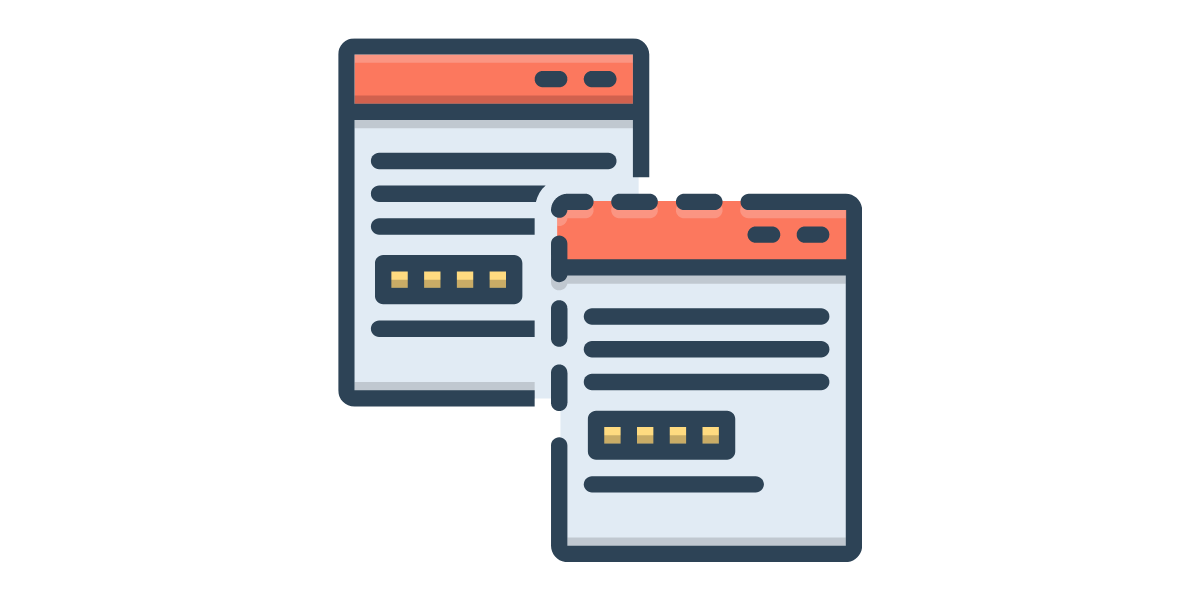
Short Run CD Duplication
Again, in-house CD duplication is possible with high-quality results. It takes a lot of time. It’s okay if you only need to burn a few discs with your optical CD writer on your desktop computer or laptop. However, if you have to burn 50 or 100 discs, then it could lead to a lot of time spent on the duplication part. A duplication tower can be purchased that allows you to simultaneously burn multiple CDs. If duplication is something that you plan on doing a lot, investing PS400 in a duplication station that can burn up to 10 CDs simultaneously may be a smart move. If your CD printing job is short-term or a rare requirement, you can outsource it and save some time. You can find a supplier that will only do the duplication of the project, even if you have printed the paper and discs yourself. Many service providers have duplication rooms that can house hundreds of drives in towers. They can quickly duplicate 100 to 200 CDs at a meager cost.
Master CD Content
You will need a master CD to make copies, regardless of whether you choose to work in-house or hire outside help. The end-user will be disappointed in the quality of the CD, regardless of how well it is packaged and printed. They will not recommend the CD to others and won’t buy any more. You can save time by printing a single disc and using actual packaging. Then you can spend your time improving your master. The last 15 years have seen a wide range of software packages available for musicians, regardless of their budget. A high-quality multi-track recording suite can be purchased for as low as PS20. It will run on any computer or laptop with an average specification. You can also use a wide range of refinements and effects to make your recordings even more perfect. You can watch tutorial videos and join an online forum for help in using the software to achieve the results you desire. This software is handy for multi-instrumentalists who want to release recordings onto the internet and make them available via Sound Cloud or iTunes.
Finalized files must be in high-quality.wav format. Standard iTunes submission requirements for audio files are 16-bit/44.1kHz sampling rate. This is standard CD-quality audio. However, iTunes will accept files at 24-bit/48kHz or higher sample rates to allow you to create a master of higher quality. It is possible to hear 20kHz sound frequencies, but most audio files are mastered at 44.1kHz. This should be fine for most musicians.
Track Length and Standard-Sized CD Capacity
You need to know the maximum CD capacity. A standard CD can hold 74 minutes of music and 682 MB of data. Make sure you have enough space for all the tracks. You will need to distribute the audio tracks on multiple discs if you have more than 7 hours of audio. This will impact your choice of packaging and the cost of production.
Copyright issues affecting audio and software CDs
Before you release any audio compositions that contain work that was previously recorded and registered as copyright by another artist or group, you will need to obtain permission from them. This is most common when samples of work from other artists are included in a recording.
Also, you will need to ensure that your original recordings are not copied without permission. The UK copyright law is as follows:
Copyright in an audio recording can be held apart from copyright in lyrics or music. Usually, the producer of an audio recording is the original owner of the copyright.
An audio recording’s music composer will own the copyright. Copyright protects song lyrics as literary works and is usually owned by the author.
An audio recording can also include the rights of the performer, such as:
You have the right to reproduce the recording
The right to distribute the recording
You have the right to rent or lend the recording
A right to receive fair remuneration
The internet is your best resource for information to get a copyright for audio recordings. For a small fee, there are organizations that will register your copyright and will assist you in any case of copyright infringement.
ISRC Codes and CD text
After you have finished your recording and are ready to release it for duplication, you might want to arrange for ISRC Codes (International Standard Recording Codes), to be included on each track’s master. The ISRC system, which is the international standard for numbering audio and visual recordings, has been recognized all over the world. This code is made up of 12 alphanumeric numbers and can be used to identify each track. You will get royalties for digital music sales, tracks offered through online streaming services, and when your music is played over the sound system in public places.
You might consider tracking your music on the Billboard charts if you have many fans and expect your music to be popular. SoundScan will need to register your ISRC codes so that you can record your sales figures.
You can search online for “ISRC Code Application” to find companies that will help you obtain ISRC codes and register them at the relevant industry bodies. It is easy and inexpensive and can help you secure your royalties and copyright issues following the release of your track.
If you prefer to leave sound engineering to an engineer at a professional studio, you must be willing to pay them. However, if you only plan to release a few recordings, it might be challenging to recover the cost.
